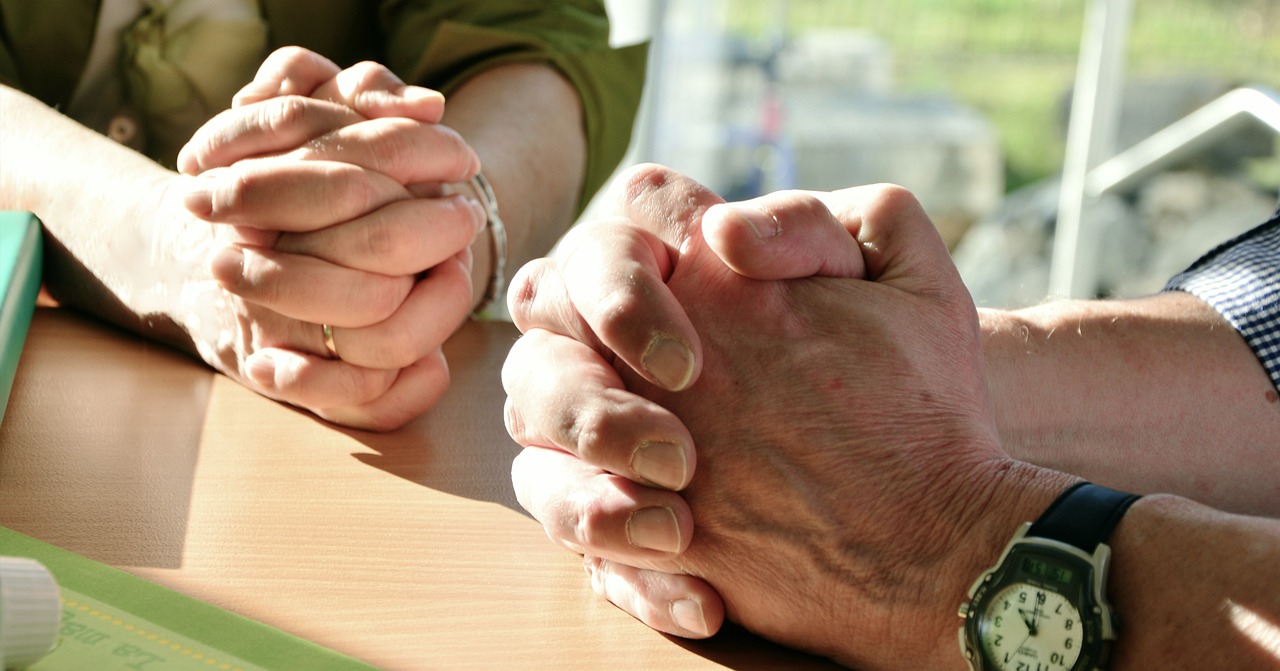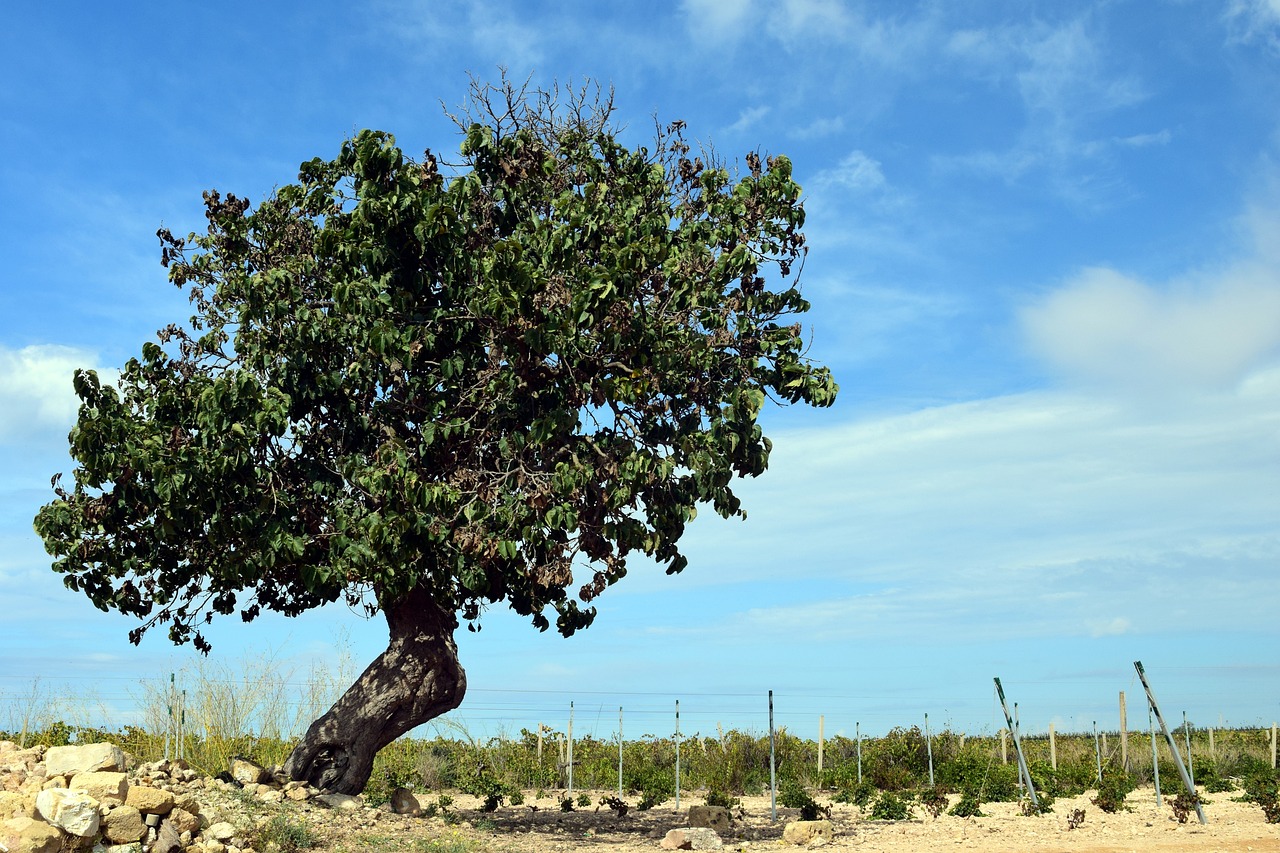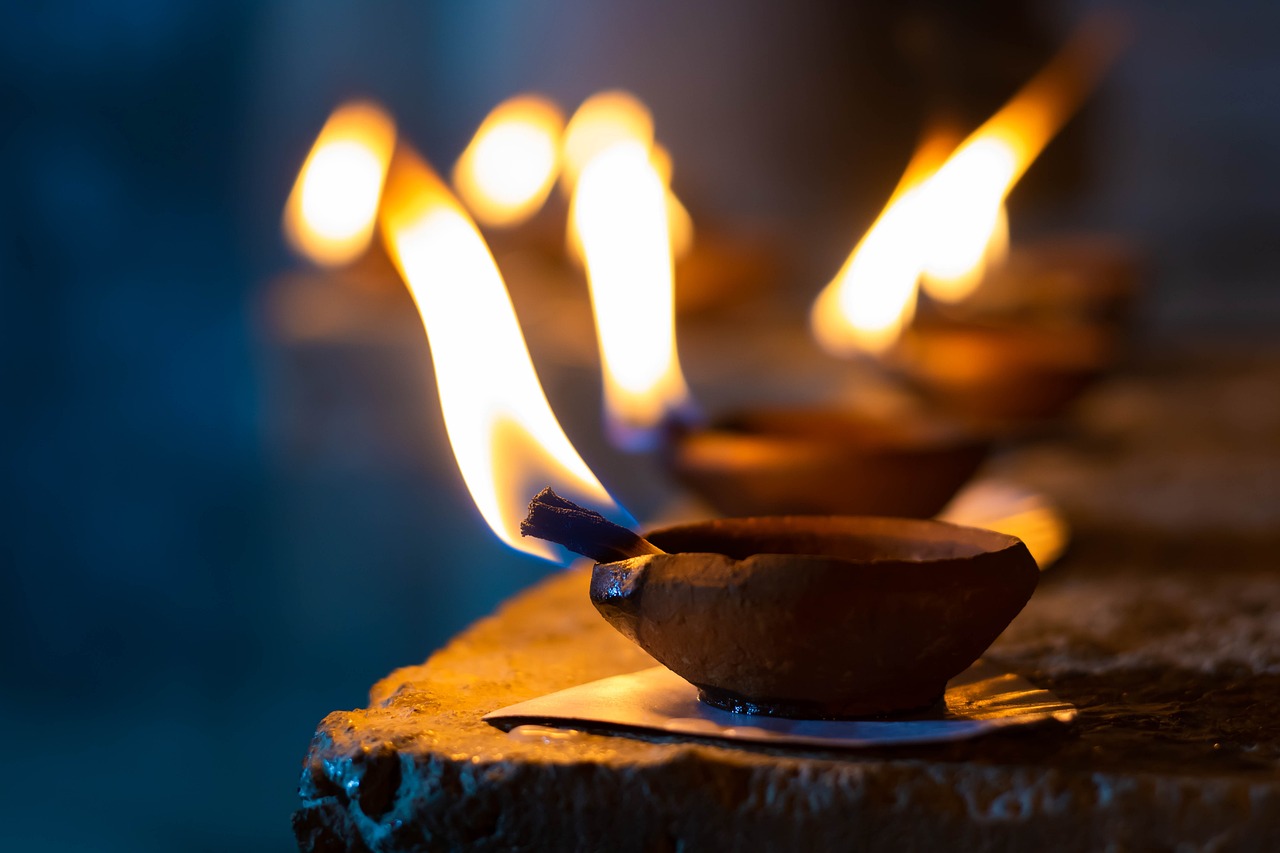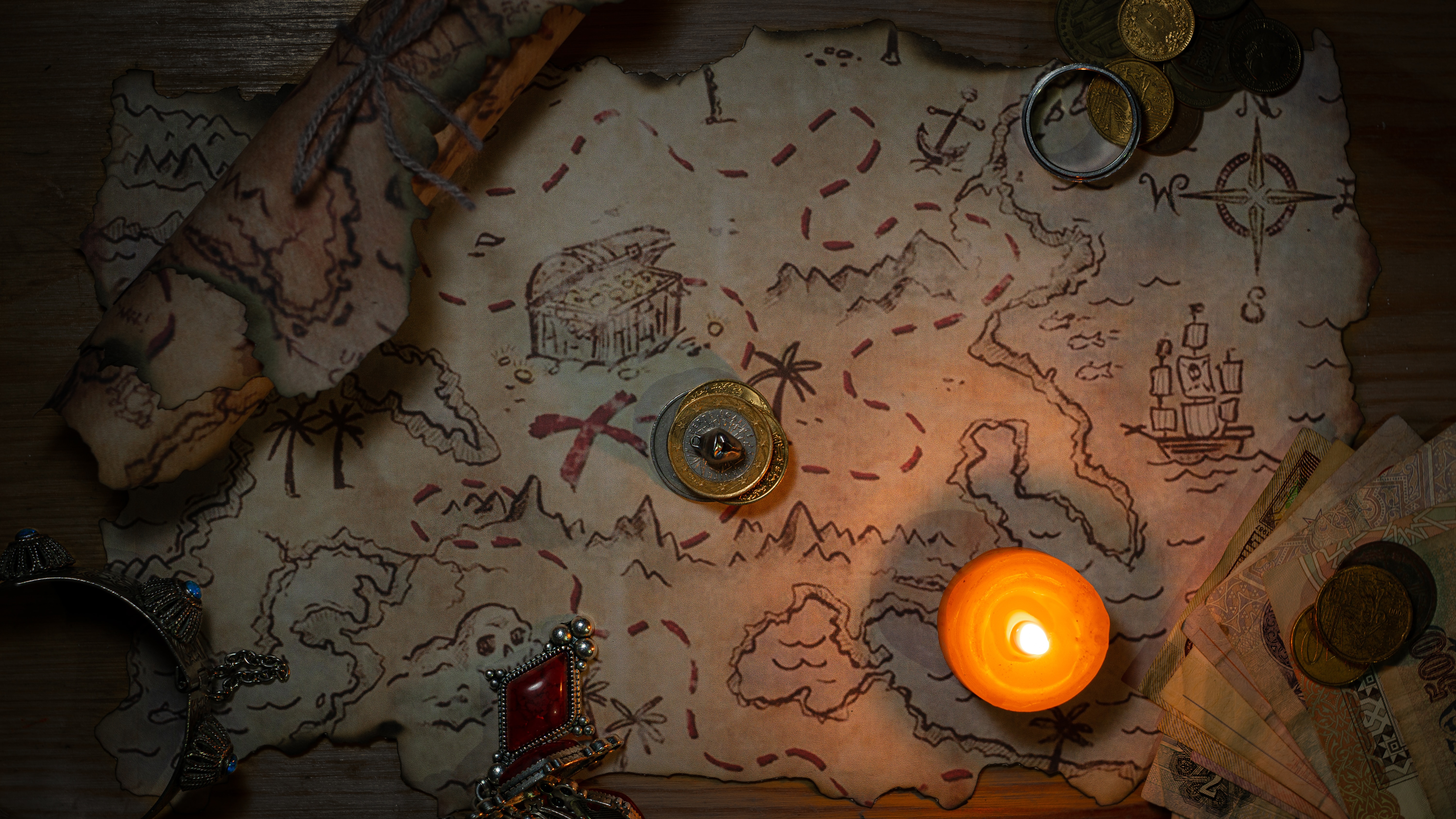In today’s Gospel, Jesus tells his disciples how important it is to always pray without becoming weary. The example he gives might seem a little strange to us, however. Praying always is like a nagging old lady trying to get a judge to help her? And he decides to help her because she just might get mad enough to hit him? So, then, is Jesus saying we need to nag God and he’ll eventually help us to shut us up? I don’t think that’s it at all, and hopefully we (and the disciples at that time) don’t take it the wrong way.
Jesus is giving them a real-world example. People aren’t always just. They won’t always do the right thing. And they certainly won’t always listen to you. But you just might be able to wear them down and get them to do the right thing if you are persistent enough.
But if that’s the case, think of how much better it is with a God who loves us, who does listen to us, who is willing to help us, and who eagerly awaits our contact with him. Think about that: The judge didn’t fear God or anyone. He didn’t care about anything. But God cares. He cares about everything and especially cares about us. He listens to us and He answers us. If pure persistence finally gets the widow some justice, think about what persistence in prayer will get us from a loving and caring God who wants that persistent, close contact with us.
Because that is what prayer is, after all, our contact with a God who loves us. If there is a person you love here on Earth, do you ignore them, or do you communicate with them? Do you just ask or demand things from them, or do you have mutual respect, happy to just spend time with them? And so it is with God and us. Our relationship with God must be just that, a relationship. And that relationship begins with prayer.
Talk to God. Don’t just ask for stuff. That will come. Establish a prayerful routine. Tell him your troubles. Tell him your joys. Praise Him. Thank Him. Apologize to Him. And yes, ask Him. But over the course of a human relationship, if you’re always asking a friend for 20 bucks, you might get it now and then, but you might also get rejected, ignored, and even abandoned.
The point of our persistence in prayer, then, is not to wear our God down, but to be in constant contact with Him. Because true love means we want to be with our beloved. And God wants to be our beloved. Prayer is the answer to that. Pray always.
En el Evangelio de hoy, Jesús les dice a sus discípulos lo importante que es orar siempre sin cansarse. Sin embargo, el ejemplo que da puede parecernos un poco extraño. ¿Orar siempre es como una anciana regañona tratando de que un juez la ayude? ¿Y decide ayudarla porque podría enojarse lo suficiente como para pegarlo? Entonces, ¿Jesús está diciendo que debemos regañar a Dios y que eventualmente nos ayudará solo para callarnos? No creo que sea eso para nada y espero que nosotros (y los discípulos en ese momento) no lo tomemos a mal.
Jesús les está dando un ejemplo del mundo real. La gente no siempre es justa. No siempre harán lo correcto. Y ciertamente no siempre te escucharán. Pero es posible que puedas cansarlos y hacer que hagan lo correcto si eres suficientemente persistente.
Pero si es el caso, piensa cuánto mejor es con un Dios que nos ama, que nos escucha, que está dispuesto a ayudarnos y que espera ansiosamente nuestro contacto con él. Piensa en eso: el juez no temía a Dios ni a nadie. No le importaba nada. Pero a Dios sí le importa. Se preocupa por todo y especialmente se preocupa por nosotros. Nos escucha y nos responde. Si la persistencia pura finalmente le hace justicia a la viuda, imagine en lo que la persistencia en la oración nos traerá de un Dios amoroso y bondadoso que quiere ese contacto persistente y cercano con nosotros.
Porque eso es la oración, al fin y al cabo, nuestro contacto con un Dios que nos ama. Si hay una persona que amas aquí en la Tierra, ¿la ignoras o te comunicas con ella? ¿Simplemente le pides o le exiges cosas, o tienen respeto mutuo y están felices de pasar tiempo juntos? Y así es con Dios y con nosotros. Nuestra relación con Dios debe ser exactamente eso, una relación. Y esa relación comienza con la oración.
Habla con Dios. No solo le pidas cosas. Eso vendrá después. Establece una rutina de oración. Cuéntale tus problemas. Cuéntale tus alegrías. Alabale. Dale las gracias. Pídele disculpas. Y sí, pídale cosas. Pero en el transcurso de una relación humana, si siempre le pides $20 dólares a un amigo, es posible que lo consigas de vez en cuando, pero también es posible que te rechacen, te ignoren e incluso te abandonen.
El objetivo de nuestra persistencia en la oración, entonces, no es cansar a nuestro Dios, sino es estar en contacto constante con Él. Porque el verdadero amor significa que queremos estar con nuestro amado. Y Dios quiere ser nuestro amado. La oración es la respuesta. Oren siempre.
 Mike Karpus is a regular guy. He grew up in Michigan’s Upper Peninsula, graduated from Michigan State University and works as an editor. He is married to a Catholic school principal, raised two daughters who became Catholic school teachers at points in their careers, and now relishes his two grandchildren, including the older one who is fascinated with learning about his faith. He also has served on a Catholic school board, a pastoral council and a parish stewardship committee. He currently is a lector at Mass, a Knight of Columbus, Adult Faith Formation Committee member and a board member of the local Habitat for Humanity organization. But mostly he’s a regular guy.
Mike Karpus is a regular guy. He grew up in Michigan’s Upper Peninsula, graduated from Michigan State University and works as an editor. He is married to a Catholic school principal, raised two daughters who became Catholic school teachers at points in their careers, and now relishes his two grandchildren, including the older one who is fascinated with learning about his faith. He also has served on a Catholic school board, a pastoral council and a parish stewardship committee. He currently is a lector at Mass, a Knight of Columbus, Adult Faith Formation Committee member and a board member of the local Habitat for Humanity organization. But mostly he’s a regular guy.
Feature Image Credit: congerdesign, pixabay.com/photos/hands-pray-prayer-praying-hands-2168901/






 Tami Urcia grew up in Western Michigan, a middle child in a large Catholic family. She spent early young adulthood as a missionary in Mexico, studying theology and philosophy, then worked and traveled extensively before finishing her Bachelor’s Degree in Western Kentucky. She loves tackling projects, finding fun ways to keep her little ones occupied, quiet conversation with the hubby and finding unique ways to love. She works full time, is a guest blogger on
Tami Urcia grew up in Western Michigan, a middle child in a large Catholic family. She spent early young adulthood as a missionary in Mexico, studying theology and philosophy, then worked and traveled extensively before finishing her Bachelor’s Degree in Western Kentucky. She loves tackling projects, finding fun ways to keep her little ones occupied, quiet conversation with the hubby and finding unique ways to love. She works full time, is a guest blogger on 
 David Dashiell is a freelance author and editor in Nashville, Tennessee. He has a master’s degree in theology from Franciscan University, and is the editor of the anthology
David Dashiell is a freelance author and editor in Nashville, Tennessee. He has a master’s degree in theology from Franciscan University, and is the editor of the anthology 
 J.M. Pallas has had a lifelong love of Scriptures. When she is not busy with her vocation as a wife and mother to her “1 Samuel 1” son, or her vocation as a public health educator, you may find her at her parish women’s bible study, affectionately known as “The Bible Chicks.”
J.M. Pallas has had a lifelong love of Scriptures. When she is not busy with her vocation as a wife and mother to her “1 Samuel 1” son, or her vocation as a public health educator, you may find her at her parish women’s bible study, affectionately known as “The Bible Chicks.”



 Kathryn Mulderink, MA, is married to Robert, Station Manager for Holy Family Radio. Together they have seven children (including Father Rob), and seven grandchildren. She is President of the local community of Secular Discalced Carmelites and has published five books and many articles. Over the last 30 years, she has worked as a teacher, headmistress, catechist, Pastoral Associate, and DRE, and as a writer and voice talent for Catholic Radio. Currently, she serves the Church by writing and speaking, and by collaborating with various parishes and to lead others to encounter Christ and engage their faith. Her website is
Kathryn Mulderink, MA, is married to Robert, Station Manager for Holy Family Radio. Together they have seven children (including Father Rob), and seven grandchildren. She is President of the local community of Secular Discalced Carmelites and has published five books and many articles. Over the last 30 years, she has worked as a teacher, headmistress, catechist, Pastoral Associate, and DRE, and as a writer and voice talent for Catholic Radio. Currently, she serves the Church by writing and speaking, and by collaborating with various parishes and to lead others to encounter Christ and engage their faith. Her website is 
 Kate Taliaferro is an Air Force wife and mother. She is blessed to be able to homeschool, bake bread and fold endless piles of laundry. When not planning a school day, writing a blog post or cooking pasta, Kate can be found curled up with a book or working with some kind of fiber craft. Kate blogs at
Kate Taliaferro is an Air Force wife and mother. She is blessed to be able to homeschool, bake bread and fold endless piles of laundry. When not planning a school day, writing a blog post or cooking pasta, Kate can be found curled up with a book or working with some kind of fiber craft. Kate blogs at 